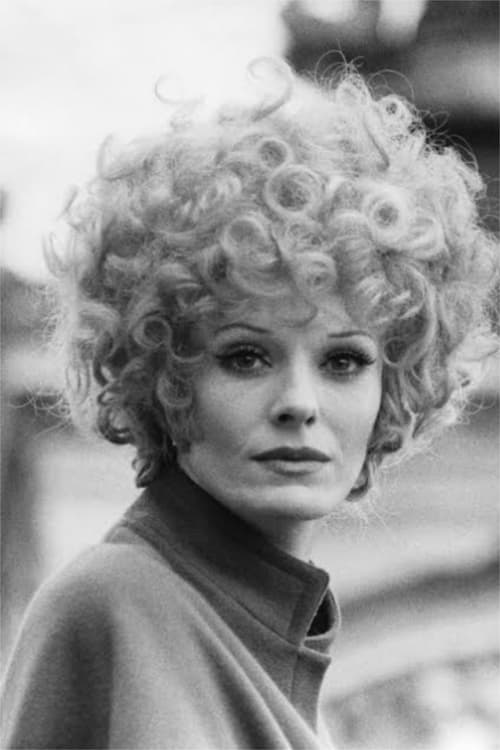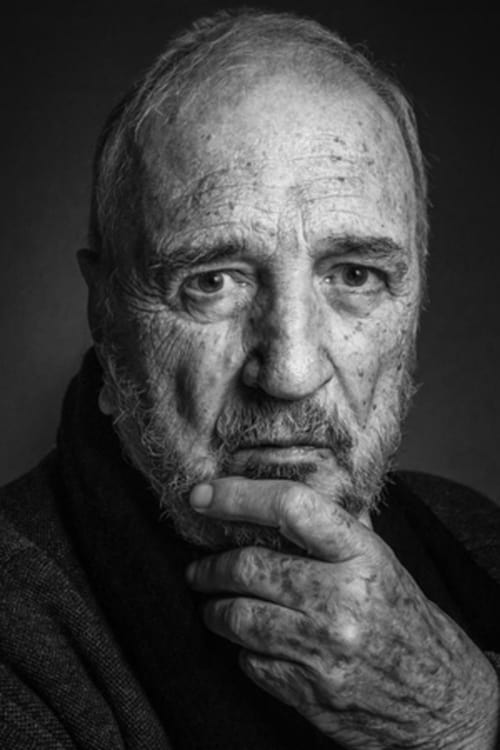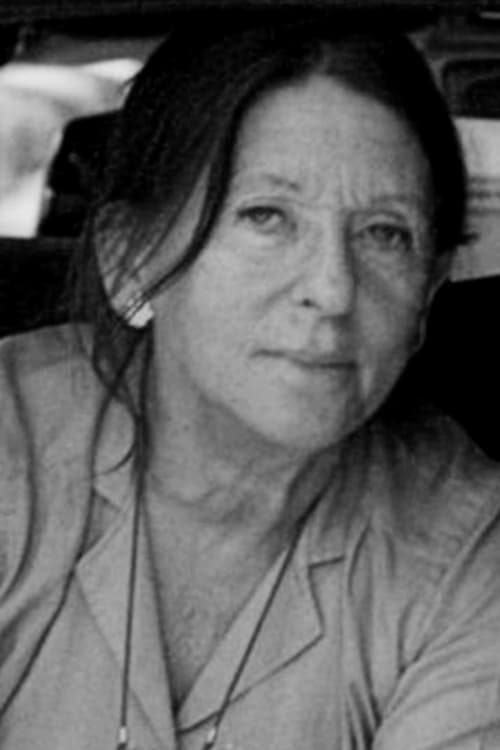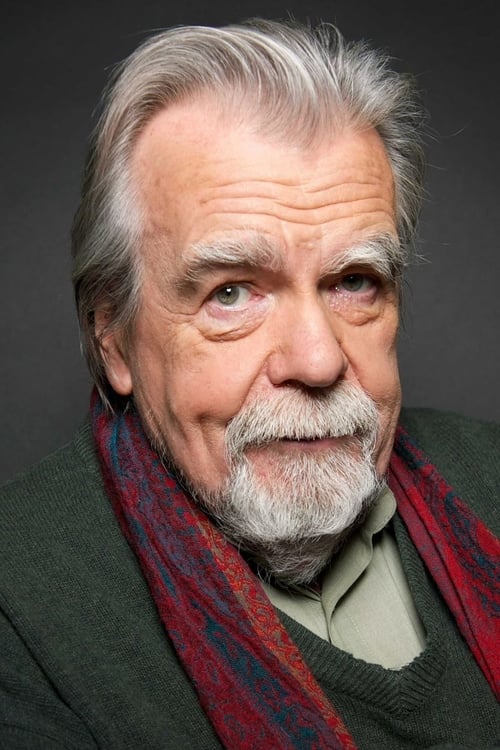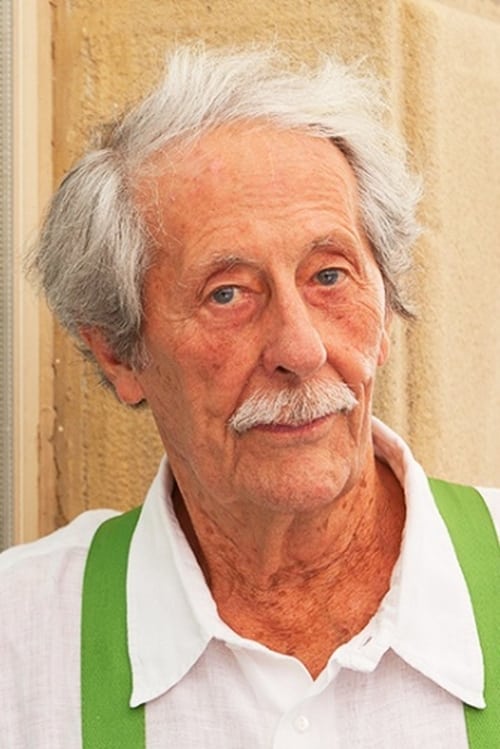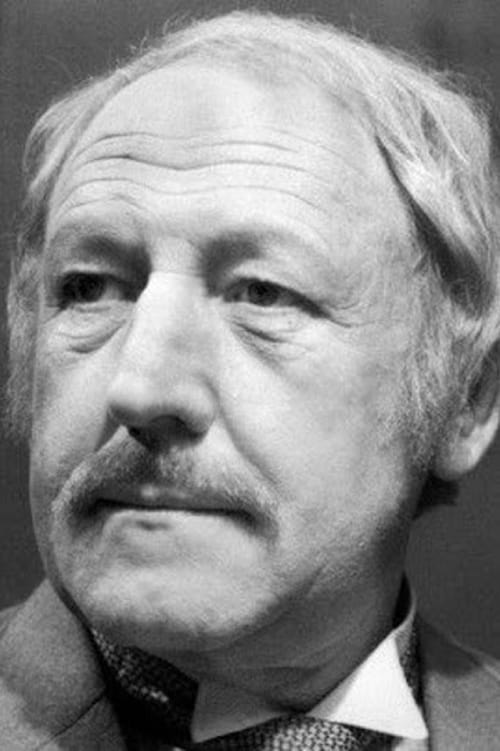Delphine Seyrig, portrait d'une comète (2000)
Жанр : документальный
Время выполнения : 52М
Директор : Jacqueline Veuve
Краткое содержание
Delphine Seyrig, an extraordinary woman and actress, died on October 15, 1990. From "Last Year at Marienbad" by Alain Resnais to "India Song" by Marguerite Duras, she played in 34 films for cinema, 13 films for television and 33 plays. Jacqueline Veuve, filmmaker and friend of Delphine Seyrig, wanted to break the silence that has fallen on her memory by making a documentary that traces with emotion and subjectivity the life of the mythical actress, the fierce feminist but also the simple friend.
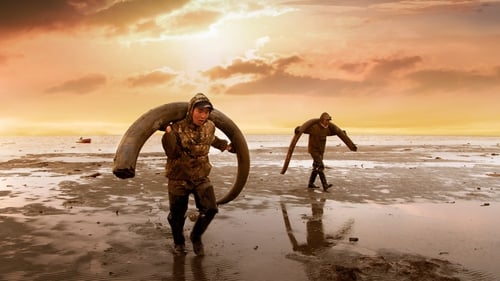
На далеких островах северных широт, в условиях вечной мерзлоты охотники за трофеями заняты поисками бесценных сокровищ «черного» рынка – бивней доисторических мамонтов. Одна из таких экспедиций обнаруживает прекрасно сохранившиеся останки древнего зверя. Поразительная находка вызвала интерес в биотехнологическом мире. Фрагменты животного с живыми клетками доставляют в лабораторию по клонированию в Южной Корее. Ее честолюбивый глава Хван У Сок берется возродить мамонтов к жизни и совершить революцию в науке и судьбах человечества…
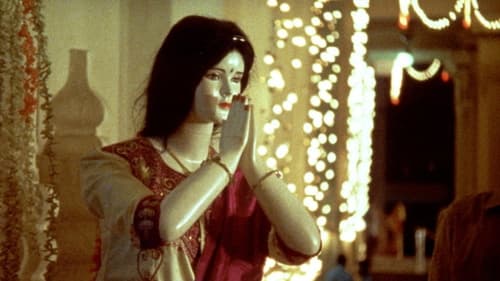
Filmmaker Peter Mettler embarks on a mission that takes him around the world. He is determined to record the diverse modes of transcendence that people in different cultures adopt in order to live life to the fullest. As he traverses civilization and wilderness and encounters a range of lifestyles and ideas, the filmmaker's mind-expanding trip around the world grows into a poem of images and sounds, reflecting the fragmented but alluring worlds it attempts to capture.

A documentary. David Sieveking takes the advice of his idol, David Lynch and tries out Maharishi Mahesh Yogi's transcendental meditation technique.
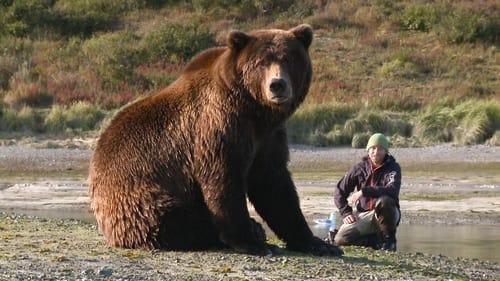
At the far end of the Alaskan peninsula, for filmmaker Roman Droux a childhood dream comes true. He discovers together with the bear researcher David Bittner the universe of wild grizzlies. The two adventurists face bears at smelling-distance, experience the struggle for survival of a bear family and witness dramatic fighting scenes. Driven by a desire to explore the unknown the film tells a personal story of wilderness, framed in breathtaking pictures of unique creatures.
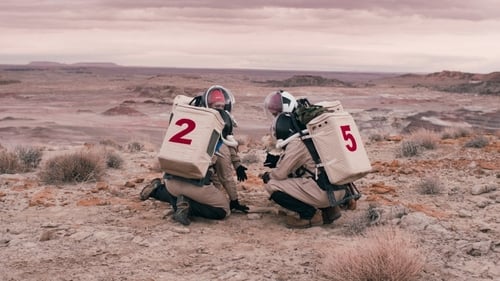
Above and Below is a rough and rhythmic roller coaster ride seating five survivors in their daily hustle through an apocalyptic world. A journey of challenges and beauty in uncomfortable places: Rick & Cindy, Godfather Lalo in the flood channels deep down under the shiny strip of Sin City. Dave in the dry and lonesome Californian desert and April in simulation for a Mars mission in the Utah desert. Through the hustle, the pain and the laughs, we are whisked away to an unfamiliar world, yet quickly discover the souls we encounter are perhaps not that different from our own.

Ироничный, вдохновляющий, а порой и жестокий фильм о музыке и балете показывает жизнь и страсти, царящие за кулисами одного из самых престижных храмов культуры в мире.
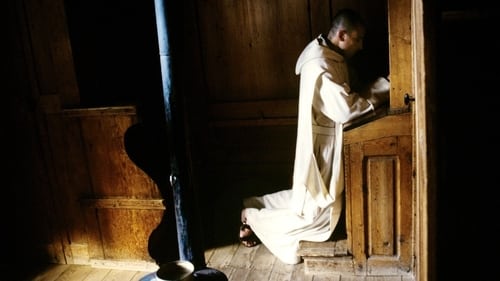
Документальная картина о монашеском ордене, члены которого хранят обет молчания. Действие фильма происходит в картезианском монастыре Гранд Шартрез, затерянном во французских Альпах. На всем протяжении этой ленты зрители почти не слышат человеческой речи; тишину прерывает только звон колоколов. Фильм отображает каждодневную жизнь монахов, живущих в полумраке: кельи монастыря освещаются лишь свечами. Спят они на лавках, застеленных соломой, а свои жилища обогревают лишь небольшими жестяными печками. Покрытые снегом альпийские горы служат величественным фоном их духовным поискам. По ночам монахи собираются в каменной часовне, где царит пронизывающий холод, садятся на пол и поют грегорианские песнопения.

A documentary of an expedition to Churchill, Manitoba to film the Northern Lights.
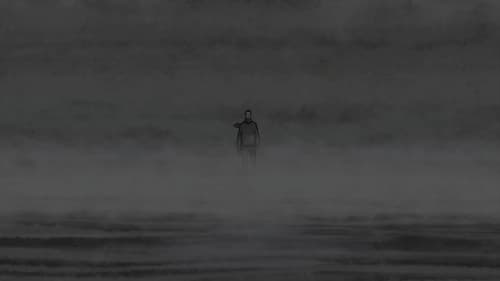
Croatia, 7th of January 1992: In the middle of the war, a young journalist's body is discovered dressed in the uniform of an international mercenary group. Twenty years later, his cousin Anja Kofmel investigates his story.

Switzerland still carries out special flights, where passengers, dressed in diapers and helmets, are chained to their seats for 40 hours at worst. They are accompanied by police officers and immigration officials. The passengers are flown to their native countries, where they haven't set foot in in up to twenty years, and where their lives might be in danger. Children, wives and work are left behind in Switzerland. Near Geneva, in Frambois prison, live 25 illegal immigrants waiting for deportation. They are offered an opportunity to say goodbye to their families and return to their native countries on a regular flight, escorted by plain-clothes police officers. If they refuse this offer, the special flight is arranged fast and unexpectedly. The stories behind the locked cells are truly heartbreaking.


It is winter at an emergency shelter for the homeless in Lausanne. Every night at the door of this little-known basement facility the same entry ritual takes place, resulting in confrontations which can sometimes turn violent. Those on duty at the shelter have the difficult task of “triaging the poor”: the women and children first, then the men. Although the total capacity at the shelter is 100, only 50 “chosen ones” will be admitted inside and granted a warm meal and a bed. The others know it will be a long night.

Since the conflict in Darfur spread to the eastern border regions of Chad in 2005, some 13,000 people fled from this region to the refugee camp near the village of Gouroukoun. For them, the war is never far off. Many of these traumatised refugees have lived here for years, with little food, no work and no prospect of returning home. Zuchuat took his camera to the camp and captured their uncertain existence without providing any comment. He captures the refugees' arduous daily life in long shots, often from a single angle. They all have their own stories of how they ended up here, how they saw their families and fellow-villagers perish and no longer have any work, cattle or land. Another striking story is told by a child that uses a drawing to explain how he was chased away from his native village. Little girls sing a battle song while waiting for what comes next in this prison without bars.
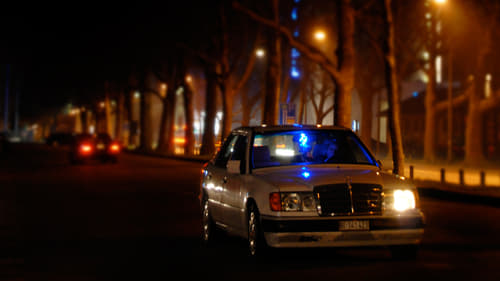
In Bern, Madame Mercedes has been working for 35 years in her car as a prostitute. An intimate and subtle portrait about ageing as a prostitute, a documentary about a vanishing chapter of habits in Switzerland.

Tracing the emigrations of his family over more than half a century, this riveting documentary epic from acclaimed expatriate Iraqi filmmaker Samir pays moving homage to the frustrated democratic dreams of a people successively plagued by the horrors of dictatorship, war and foreign occupation of Iraq.

Grimsel-West was the name of a project for the expansion of the hydroelectric plant in the Hasli Valley. Submitted on 30 June 1988, its realization seems fairly improbable for the moment. Originally conceived as an expression of opposition to the construction of a new dam, the film tries to fathom the undercurrent of apprehension caused by such plans to exploit the environment.

Kick That Habit is a 1989 film by PETER LIECHTI, an audio-visual portrait of his native country, eastern Switzerland. The film collects samples from the land-and-soundscape, underscoring in the process the oft-ignored industrial underpinning of our latter-day culture. Also native to eastern Switzerland is VOICE CRACK, the everyday household electronics duo of NORBERT MOSLANG and ANDY GUHL, whose musical workings are explored as part of Liechti s vision. Whether clicking quietly and rhythmically or humming and shrieking at ear-splitting volume, their recycled electronics produce innovative sounds and provide an appropriate accompaniment in this cinematic search for the detritus of our culture, the lost and destroyed remains of the last century of progress.
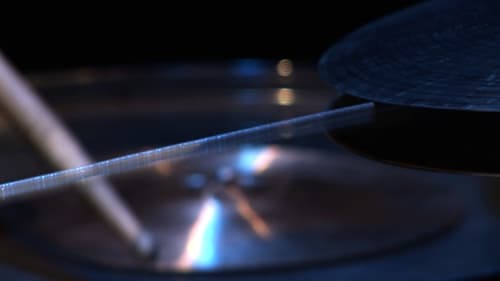
This documentary follows swiss improvisation musicians and tells there stories.

Klaus Rozsa, a well-known and politically active photographer, lived in Zurich for decades as a stateless individual. All of his applications for naturalisation were refused on political grounds. In 1956 he fled Hungary, growing up in Switzerland with a Jewish father who had survived Auschwitz and Dachau. Due to the extreme proximity of such a fate, the camera led him repeatedly to places where injustice was done. It was this particular quality of his camerawork that proved fateful for him.

MUHAI TANG – IN THE OCEAN OF MUSIC is a portrait of Chinese conductor Muhai Tang’s extraordinary life. Born in 1949, the founding year of the People’s Republic of China, and raised during the Cultural Revolution, it seemed as if he would have to abandon his dream of a career in music. However, his talent, perseverance and the support of Herbert von Karajan ultimately brought him to the world’s concert halls. Today, Muhai Tang is a global nomad. A wanderer between the worlds which he unites with music. His personal history, interspersed with historical caesurae, is typical for Chinese of his generation. He gained access to western culture early on through music. Muhai Tang’s life and work are exemplary of a changing China and the enrichment of the world by an artist between East and West.

